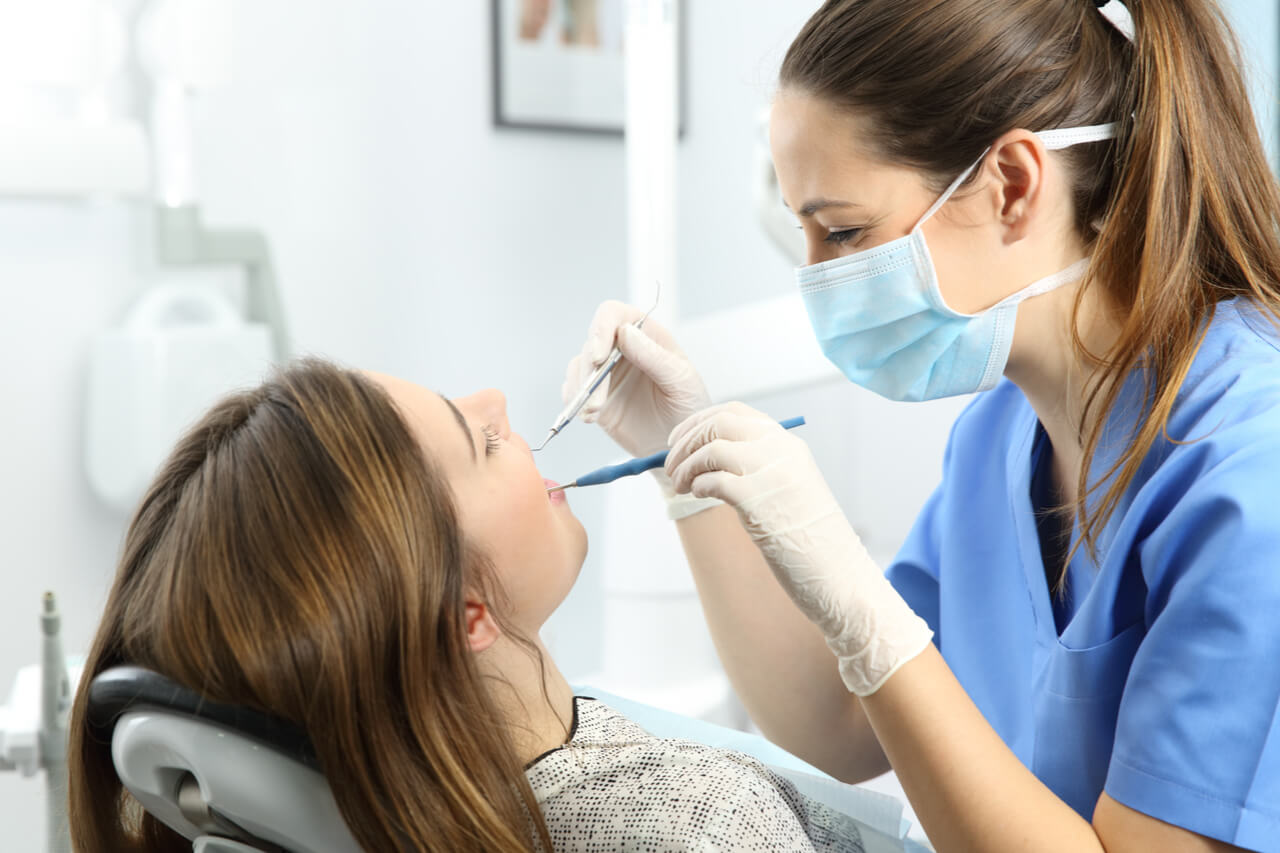Oral hygiene, also known as mouth care, is one of the most fundamental aspects of medical care. Keeping the mouth and teeth clean helps in protecting patients from infections and allows for a faster recovery. In maintaining oral care for an unconscious patient, dental care procedures and protocols are more critical. This article will guide you through understanding the basic principles of effective mouth care and its importance in a patient’s overall health.
The Importance of Oral Care
Maintaining proper dental habits play an extensive role in the prevention, treatment, and recovery from diseases. Like most areas in our bodies, our mouth is teeming with bacteria, most of which are harmless. However, since the oral cavity is the gateway to our respiratory and digestive systems, it can also be a passageway for harmful diseases.
Usually, bacteria build-up is kept under control by our body’s natural defenses along with good oral hygiene. However, certain health conditions can prevent us from doing so. For those in the health care field, keeping dental habits for an unconscious or bedridden patient might be a real challenge.
Oral Care for Unconscious Patient
According to experts, an unconscious patient usually breathes through their oral cavity. This situation causes secretions to dry out more quickly. In this case, they will require more frequent oral care to maintain a healthy state. Without good oral hygiene, bacteria may build up to the point that they cause oral diseases, including tooth decay and gum disease.
When it comes to delivering good oral treatment and encouraging oral hygiene in an unconscious or bedridden patient, each healthcare team member has a critical responsibility. Assessing and assisting patients in maintaining their oral hygiene can pave the way towards a speedy recovery.
Dental Care Procedures to Keep In Mind
Despite all the medical innovations in the healthcare industry, oral care remains a recurrent concern that significantly impacts every patients’ quality of life. This scenario receives more emphasis when it comes to bedridden patients whose physical ability has been reduced and for unconscious patients with compromised cognitive abilities. These patients are dependent and rely on others to perform their daily routines.
In this particular circumstance, one question remains. How can the health care team contribute to the betterment of the patient?
Use of Medical Devices
 Choosing appropriate devices will make it easier for healthcare providers to assist patients with their oral care needs. Depending on the patient’s current status, some medical institutions offer specialized equipment and provisions to adapt to the patient’s capacity. This technique is usually applicable for elderly and bedridden individuals. It contributes to improving patient care services by enabling the patient to perform their oral care routines without depending on others.
Choosing appropriate devices will make it easier for healthcare providers to assist patients with their oral care needs. Depending on the patient’s current status, some medical institutions offer specialized equipment and provisions to adapt to the patient’s capacity. This technique is usually applicable for elderly and bedridden individuals. It contributes to improving patient care services by enabling the patient to perform their oral care routines without depending on others.
There will be an improvement in patient self-esteem, and it helps maintain their functional abilities. Most importantly, several pieces of research have proven that patient independence correlates with their recovery.
Thorough Cleaning Techniques
It is crucial to take into account the importance of thorough cleaning methods. Mouth care procedures for unconscious patients take much more effort as compared to those with cognitive skills. One must keep the cheeks, lips, and tongue clean to avoid the risks of health complications.
To ease with the cleaning process, patient care providers should practice several nursing care techniques. They are also encouraged to use gauze pads and solutions prescribed by dental professionals for an optimum result. It is also critical to ensure that the patient uses the right toothbrush and other oral care paraphernalia.
Disposal of Oral Care Materials
After performing the procedure, proper disposal of the used materials is necessary. This process helps maintain a healthy environment for everyone and prevents the spread of bacteria. Depending on the devices and equipment used, the medical staff should also consider proper sterilization techniques.
Inspection and After-care Evaluation
 Proper oral care does not end in performing the task itself. Inspection and after-care evaluation are also necessary. Routine examination of the patient’s oral cavity for possible signs of edema, redness, bleeding, or any anomalies are essential for early detection and prevention of underlying conditions.
Proper oral care does not end in performing the task itself. Inspection and after-care evaluation are also necessary. Routine examination of the patient’s oral cavity for possible signs of edema, redness, bleeding, or any anomalies are essential for early detection and prevention of underlying conditions.
If plaque build-up and other dental concerns are suspected, it is best to consult with a dental professional for immediate treatment. Consequently, each care personnel should do a report and documentation of their findings after every procedure.
Bottomline
Dealing with an unconscious patient can be a real challenge for most health care providers. At this time, patient participation is not possible, which further requires an in-depth evaluation of assessing patient needs. In general, the main goal is to ensure that we are taking the right course of action, given the available options at hand.
Therefore, it is essential to address all professionals and individuals participating in improving patient oral care. Working together and genuine collaboration is the best recommendation to foresee all possible limitations ahead of time and reach patient recovery.
References:
https://www.ndsu.edu/pubweb/bismarcknursing/basic/skill/G001.html


